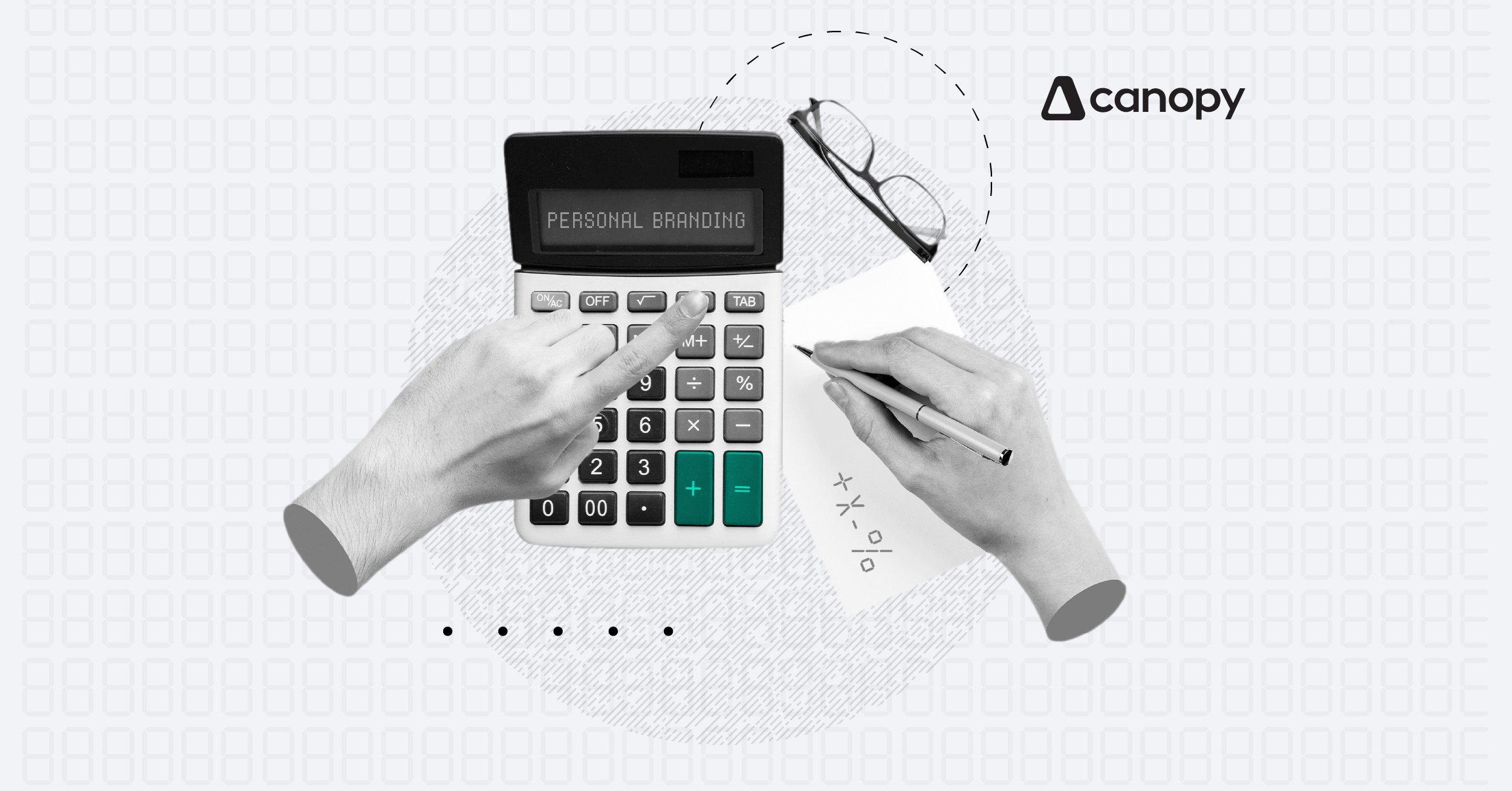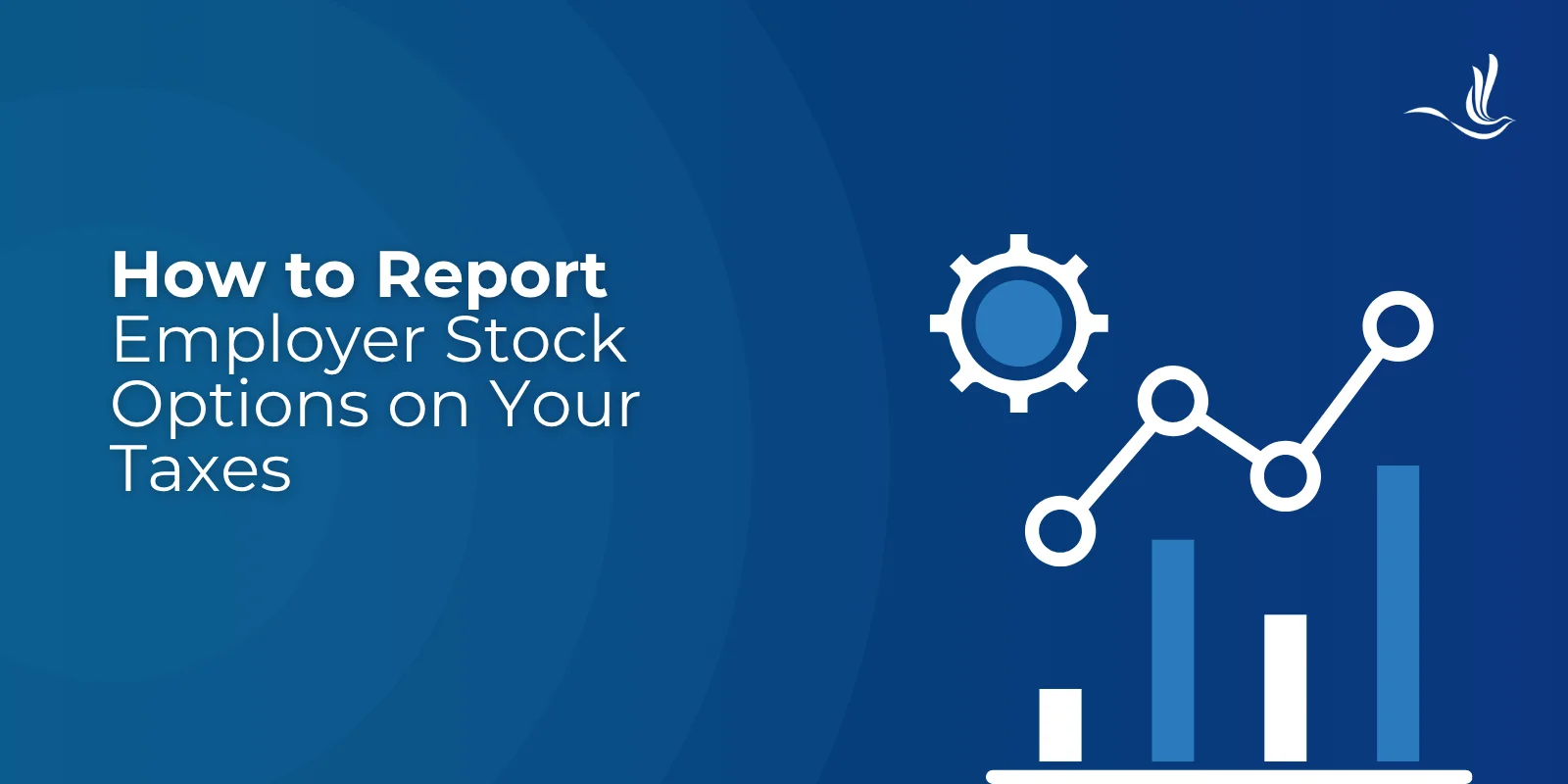The federal legalization of hemp production in 2018 complicated federal and state efforts for broad cannabis reform. Statutorily, hemp is differentiated from marijuana and limited to only cannabis plants whose delta-9 THC content is 0.3 percent or less of its total weight. However, newer hemp-derived products have entered the marketplace that include relatively higher concentrations of other intoxicating cannabinoids like delta-8 THC, making them similar to alcohol or marijuana. These products don’t fit within many existing state or federal product regulatory regimes, prompting increased efforts across states to regulate, or outright ban, their sale and use.
This has led to a unique landscape of inharmonious hemp policy across states that undermines competition with other intoxicating substances and needlessly burdens markets with inefficiencies.
Some states have sought to integrate this new market by regulating and taxing these products similarly to marijuana or alcohol. Elsewhere, intoxicating hemp-derived products are treated quite differently from intoxicating products of other kinds, creating disparities in market opportunities and consumer incentives. Additionally, while marijuana markets are forced by federal prohibition to be intrastate, Congress has enabled interstate commerce in hemp products.
Federal legalization does not preempt states from regulating the sale of these intoxicating products, though states must tolerate the interstate transportation of compliant products if they allow any sales, according to court rulings. There has been much debate over whether broad state bans on hemp sales are permissible under federal preemption and the dormant commerce clause. A general lack of federal guidance has allowed for a disparate patchwork of regulatory treatments across state jurisdictions.
Many states treat intoxicating hemp very differently than marijuana. California, Colorado, and Washington are heavily restrictive of hemp despite marijuana’s legalization, while New Hampshire, Nebraska, and Wisconsin allow intoxicating hemp sales despite criminalizing marijuana. Other state legislatures and Congress have considered efforts to prohibit intoxicating hemp-derived products from allowed sales, including by statutorily redefining hemp to remove intoxicants from the legalized products.
Whether for hemp or marijuana, prohibitions or excessive regulations risk undermining public health and economic growth. Restricting legal markets simply hinders industry development and bestows market share to illicit markets that are more dangerous for consumers. These policies also likely reduce taxA tax is a mandatory payment or charge collected by local, state, and national governments from individuals or businesses to cover the costs of general government services, goods, and activities.
revenues generated for the programs attempting to address the problems associated with consumption much more than any reductions in that consumption resulting from prohibition.
Discordant state tax treatment of hemp products disrupts legal transactions, increases compliance costs, and distorts competition between hemp and other intoxicants like alcohol or marijuana. Where states burden hemp disproportionately, markets for alternatives like alcohol or marijuana are advantaged. Elsewhere, state taxes on alcohol or regulation of marijuana may drive consumers to cheaper hemp-derived intoxicants.
State and federal regulations of hemp and hemp-derived products could be reformed to harmonize treatment across jurisdictions and equalize treatment of comparable products.
Where states have already legalized recreational marijuana, high-THC intoxicating hemp-derived products could be integrated into a uniform cannabis regulatory and taxation scheme. Elsewhere, establishing a principled regulatory scheme for intoxicating hemp could serve as the basis for the eventual integration of marijuana products. The best practices for cannabis taxation include targeted ad quantum taxes based on potency, or weight where potency is too difficult to measure.
For hemp products, THC content is not particularly difficult to measure and is often included in product labels. Intoxicating hemp, then, can be taxed with a flat rate per THC content regardless of the type of THC or retail price. This most effectively targets the harm-causing element of the THC intoxicants and insulates tax revenues from instability associated with fluctuations in prices.
As with any excise taxAn excise tax is a tax imposed on a specific good or activity. Excise taxes are commonly levied on cigarettes, alcoholic beverages, soda, gasoline, insurance premiums, amusement activities, and betting, and typically make up a relatively small and volatile portion of state and local and, to a lesser extent, federal tax collections.
, revenues should be devoted to addressing problems associated with consumption of the taxed product—the justification for levying the tax in the first place. In addition to remaining philosophically consistent, coupling excise revenues to costs associated with consumption helps to decrease the problems inherent to the intentionally narrow base of excise taxes. As consumption declines, the societal costs of that consumption also decline, so the lower tax revenues are appropriate for spending needs. (Conversely, a price decline does not imply a reduction in externalities.)
THC-based taxes on hemp should be the same as the THC-based taxes levied on any marijuana legally sold in the same jurisdiction. This preserves tax neutrality between comparably intoxicating cannabis products. While THC content remains impracticable to measure for certain marijuana products, a best-estimate equivalent rate based on weight can be substituted. These rates should also be kept low enough to enable legal markets to compete with illicit markets, protecting consumers from more dangerous products and driving them to taxable transactions.
Harmonizing cannabis treatment across hemp and marijuana would also lower the compliance costs that hemp growers and processors must bear to meet the arbitrary 0.3 percent total THC content limit. Non-intoxicating and therapeutic hemp-derived products could be treated similarly to medicinal cannabis, and intoxicating hemp thus also treated similarly to recreational cannabis where applicable for permits and licensing. This would reduce the administrative costs of regulating the two industries and promote a competitive environment.
Hemp-derived products also compete with alcohol. Beverages infused with THC and other hemp products are often, where states allow, sold in liquor stores or gas stations alongside alcoholic beverages. Connecticut levies a $1 per container fee on these THC-infused beverages and California AB 1397 is under consideration to authorize sales of low-dose hemp drinks and levy a 10 percent tax on the gross receipts of their retail sale. State treatments of THC-infused intoxicating hemp drinks also vary substantially. Such variation in the treatment of intoxicating beverages distorts consumer purchases.
Clarifications or developments at the federal level would be ideal to establish a uniform framework across state jurisdictions. However, in the absence of federal reforms or in the face of renewed federal prohibitions, states can establish their own regulatory regimes.
Hemp, intoxicating or otherwise, is a growing market that needs to be addressed with tax policy. A well-designed tax will generate tax revenues for states while improving public health by shifting consumers away from illicit markets. State and federal governments should learn from the failures of alcohol and marijuana prohibition and integrate innovative hemp products into legal markets without unduly burdening any intoxicant industry or consumers with excessive regulations or taxation.
Stay informed on the tax policies impacting you.
Subscribe to get insights from our trusted experts delivered straight to your inbox.
Subscribe
Share this article



























